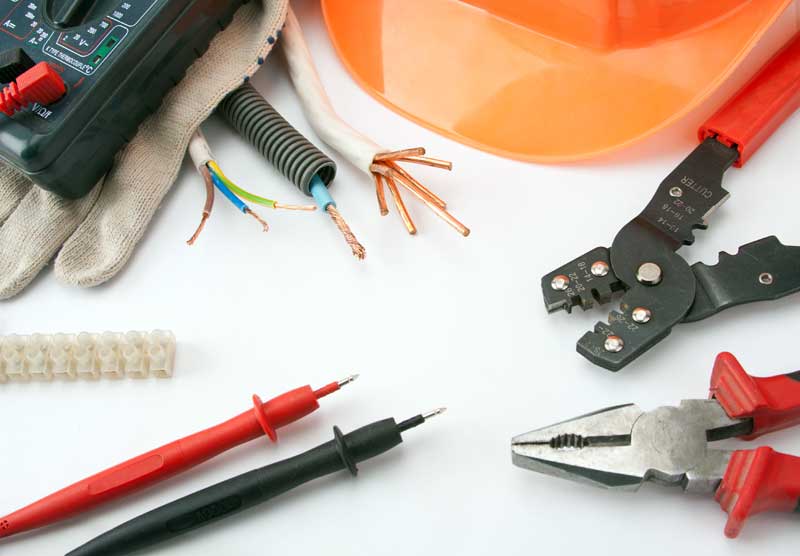

Anyone can go online, find a how-to guide for installing a light switch or performing rewiring, and get to work. Unfortunately, injury to the individual or the home often results. Cutting corners with this work jeopardizes the safety of the home and those who live within it. Electrical installation and repairs should only be undertaken by a licensed electrician or electrical contractor.
Faulty wiring turns the home into a fire hazard. Novices do not realize the interdependent network that electrical wiring represents. A poorly designed circuit can provide the wrong amperage to appliances and electronics, causing irreparable damage. Lights placed on an overloaded circuit may flicker when appliances are in use or trip the breaker, completely shutting down the circuit.
It is not difficult to find a qualified electrician and a state license is the first indicator. A master electrician also has two or more years of experience and has passed a standardized occupational test. This individual is well-versed in the National Electrical Code and any state modifications. Electrical system planning, design, installation, and maintenance are tasks that a master electrician may perform.
A journeyman electrician also has a state license but has not yet qualified for the master’s license. This individual can install equipment and wiring but may not design systems. Some states require a journeyman electrician to work with a master. In addition to these degrees of expertise, some electricians specialize, focusing on commercial or residential work, new construction, repair, or remodeling.
Consumers can find recommendations for electricians from a local electrical supply house or home builder association. To get an electrician who is the best fit, they should describe the type of work required. Interviewing the electrician, checking references, and asking for proof of insurance and a copy of the state license helps identify the best professional for the job.
Category: Home Electrical